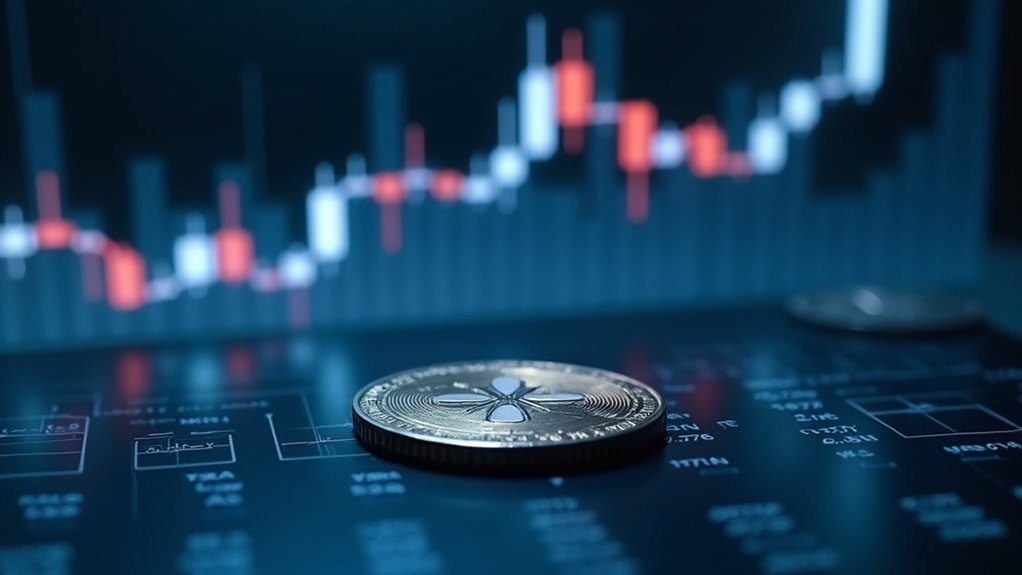Igniting a firestorm of debate, President Trump’s audacious proposal for a 50% tariff on EU imports has drawn fierce condemnation from economist Peter Schiff, who brands it a reckless gamble with America’s economic stability. Under the Schiff Critique, this isn’t just bad policy—it’s a dangerous flirtation with market manipulation, a cynical ploy potentially designed to enrich insiders while leaving Main Street to foot the bill. The Tariff Dangers are glaring, as Schiff argues, with no sound economic rationale for a rate more than double current reciprocal tariffs with China. Is this leadership, or a cheap political stunt?
Dig deeper, and the cracks widen. This tariff threat, if enacted, could skyrocket costs for American consumers and businesses, igniting inflationary pressures that crush purchasing power, especially for lower-income households. Schiff, with biting skepticism, questions whether the policy will even stick—or if it’s a temporary scheme, reversed once cronies cash in. Meanwhile, market volatility surges, with crypto dipping, gold soaring, and equities bracing for chaos. Why gamble with such uncertainty, one must ask, when the fallout could be catastrophic? Schiff’s analysis ties this threat to broader economic distortions, warning that tariff-driven manipulation risks undermining market confidence entirely. Additionally, such aggressive trade policies could ripple through digital markets, as seen with crypto market volatility reflecting investor fears and sentiment shifts.
The EU, predictably, isn’t sitting idle. Commissioner Maroš Šefčovič has slammed the move, promising retaliation that could spiral into a tit-for-tat trade war, disrupting transatlantic ties. Schiff’s warning stings here: prolonged conflict risks not just recession, but a downturn rivaling the Great Depression. Add Trump’s conflicting Bitcoin reserve push, and the strategy—if one exists—seems laughably incoherent, a mishmash of protectionism and crypto fantasies. Will this administration ever prioritize coherence over chaos? Schiff’s frustration is palpable, and rightly so. Americans deserve answers, not economic experiments. The stakes are too high for such cavalier gamesmanship, and the clock is ticking toward potential disaster. Santiment’s analysis echoes this concern, linking Bitcoin’s recent price drop to the tariff-induced uncertainty surrounding Trump’s aggressive trade policies.









